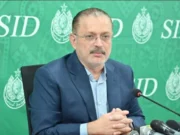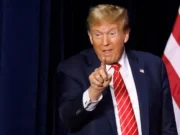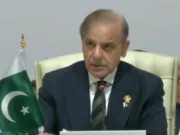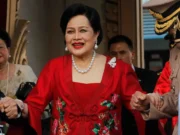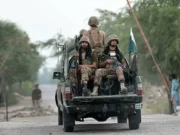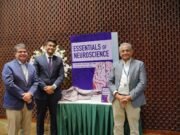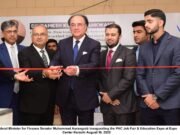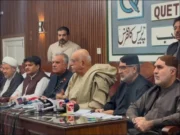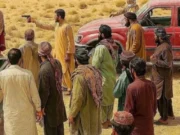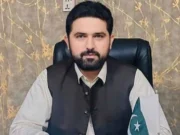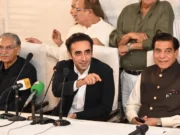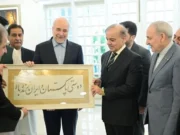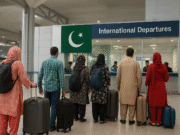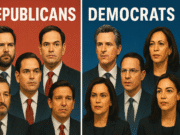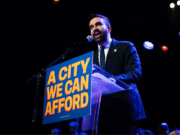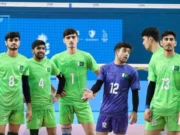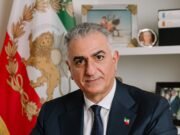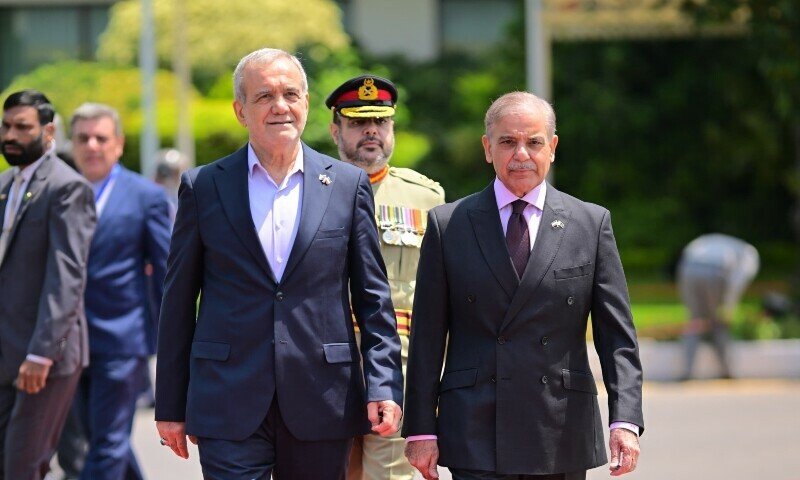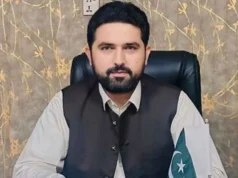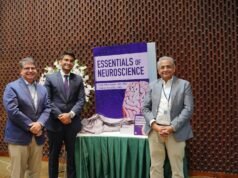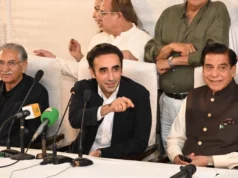ISLAMABAD – August 3, 2025:
In a historic state visit aimed at deepening bilateral relations, Iranian President Dr Masoud Pezeshkian arrived in Pakistan for a two-day official trip that resulted in a renewed commitment between Islamabad and Tehran to bolster cooperation in trade, defense, culture, and diplomacy.
During high-level engagements with President Asif Ali Zardari, Prime Minister Shehbaz Sharif, and senior government and military officials, both countries emphasized their shared regional vision, reaffirmed strategic trust, and signed 12 Memoranda of Understanding (MoUs) across key sectors.
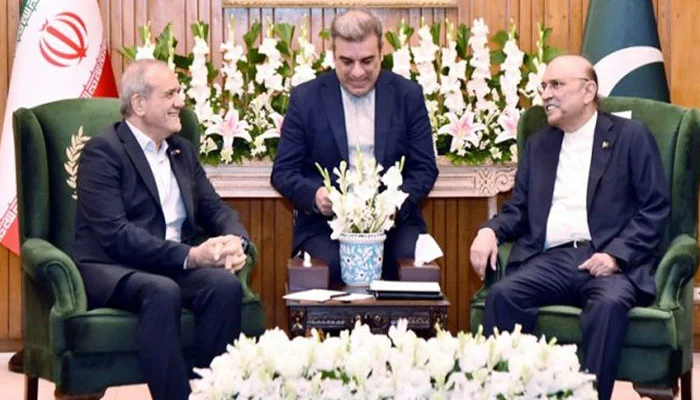
Presidents Zardari and Pezeshkian Highlight Regional Unity, Peace
President Asif Ali Zardari hosted his Iranian counterpart at the Aiwan-e-Sadr, where both leaders expressed a strong desire to broaden Pakistan-Iran ties in mutually beneficial areas. President Zardari described the relationship as rooted in “shared religion, culture, and mutual respect.”
They stressed the need for coordinated diplomatic efforts to resolve regional conflicts, prevent escalation, and promote lasting peace in West Asia and beyond. Zardari thanked Iran’s Supreme Leader Ayatollah Ali Khamenei for consistently supporting the people of Indian Illegally Occupied Jammu and Kashmir (IIOJK).
He also strongly condemned Israel’s aggression against Iran during the recent 12-day war, lauding Iran’s resilience and unity. President Pezeshkian reciprocated by appreciating Pakistan’s diplomatic support and constructive role in calling for de-escalation and dialogue.
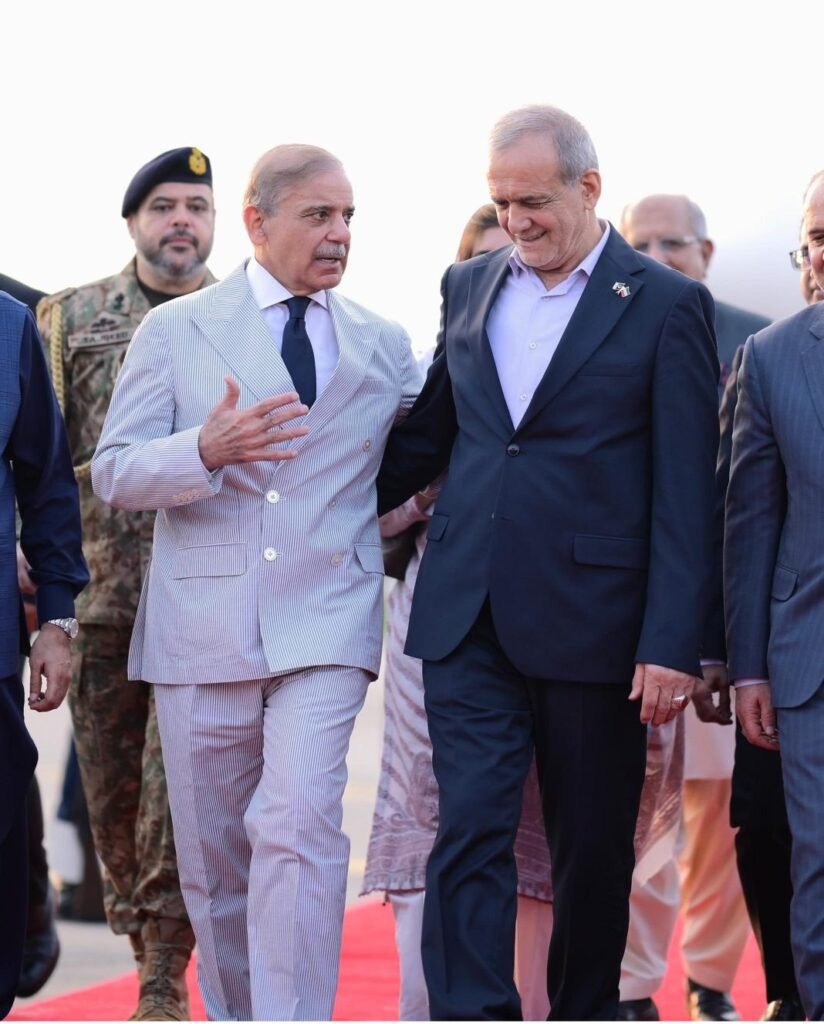
PM Shehbaz: Pakistan Supports Iran’s Peaceful Nuclear Right
At the Prime Minister’s House, PM Shehbaz Sharif received President Pezeshkian with full state protocol, including a guard of honour. In subsequent restricted and delegation-level talks, both leaders reaffirmed the countries’ deep-rooted brotherhood and discussed strategies for enhancing cooperation.
“Pakistan supports Iran’s right to acquire nuclear energy for peaceful purposes under the UN Charter,” said PM Shehbaz.
The premier condemned Israel’s June 13 attack on Iran’s nuclear facilities, which reportedly killed over 600 people. He offered condolences for Iranian civilians, scientists, and military officials who were martyred during the conflict.
Both leaders emphasized zero tolerance for terrorism, pledging joint counter-terrorism efforts along the border and beyond. PM Shehbaz reiterated that “terrorism against one is terrorism against both.”
$10 Billion Trade Target and Economic Diplomacy
One of the most significant outcomes of the visit was the agreement to raise annual bilateral trade to $10 billion. Currently standing at $3 billion, both sides believe that through border trade facilitation, infrastructure development, and resolution of tariff issues, this goal is achievable.
Twelve MoUs and agreements were signed across sectors including:
- Plant protection and quarantine
- Mirjaveh-Taftan border gate use
- Science and ICT cooperation
- Tourism and cultural exchange (2025–27)
- Judicial assistance in criminal matters
- Meteorology and climatology
- Maritime safety and firefighting
- Recognition of product certification
- Air services agreement (supplemental MoU)
- Joint ministerial intent to finalize a Free Trade Agreement (FTA)
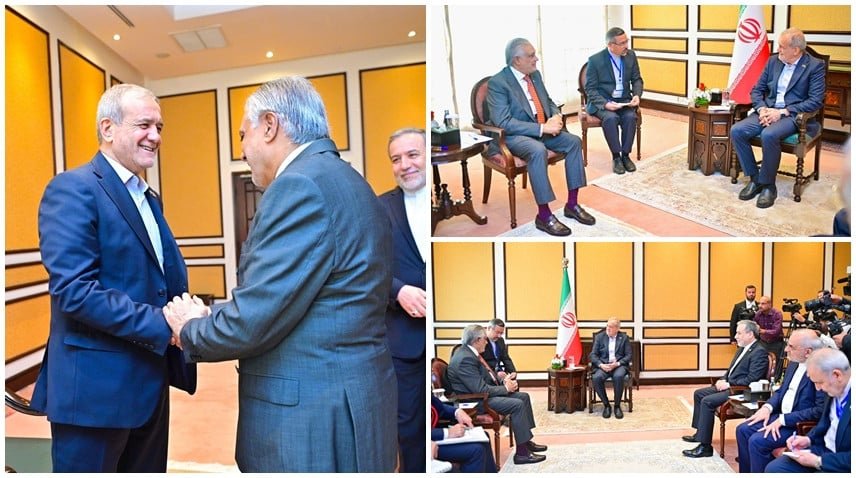
Business Forum Pushes Forward Free Trade Agreement
A high-level Pakistan-Iran Business Forum was convened in Islamabad, attended by President Pezeshkian, Foreign Minister Ishaq Dar, Commerce Minister Jam Kamal Khan, and Iranian Minister for Industry, Mines and Trade Mohammad Atabak.
Dar described economic diplomacy as a cornerstone of Pakistan’s foreign policy and reaffirmed commitment to finalizing the Pak-Iran FTA.
Jam Kamal suggested launching sector-specific trade delegations, expanding border infrastructure, and holding dedicated B2B meetings during every high-level visit. He stressed that “Geography is a discount — and we must utilize it.”
Atabak praised Pakistan’s proactive role and suggested building an economic corridor extending to Turkey, Central Asia, Russia, and parts of the Middle East, leveraging both countries’ strategic locations.
“Traders and industrialists trust each other. What they need now is a facilitation mechanism that’s consistent and clear,” he said.
Diplomatic Meetings Underscore Political Unity
In meetings with Senate Chairman Yousaf Raza Gillani, both sides reiterated the importance of parliamentary diplomacy. Gillani acknowledged Iran’s right to self-defense and condemned Israeli attacks, noting that Pakistan’s Parliament had passed a resolution in support of Iran.
He also thanked Iran for its continued support on the Kashmir issue, and highlighted the chant of “Tashakkur Pakistan” during President Pezeshkian’s address to the Iranian parliament as a symbol of the deep and enduring bond.
Next Steps: Joint Economic Commission and FTA Roadmap
The next round of the Pakistan-Iran Joint Economic Commission (JEC) will be convened soon to operationalize the signed agreements. The roadmap includes:
- Border trade facilitation
- Energy and logistics collaboration
- Cultural and educational exchanges
- Finalization of the Free Trade Agreement
- Expansion of air, land, and maritime connectivity
Conclusion: A New Chapter in Regional Integration
President Pezeshkian’s visit has marked a watershed moment in Pakistan-Iran relations, paving the way for strategic economic cooperation, enhanced border security, and a shared commitment to regional peace and stability.
With political alignment, people-to-people connectivity, and mutual trust, the two countries have entered a new phase of diplomacy that could redefine South-Central Asia’s economic landscape


